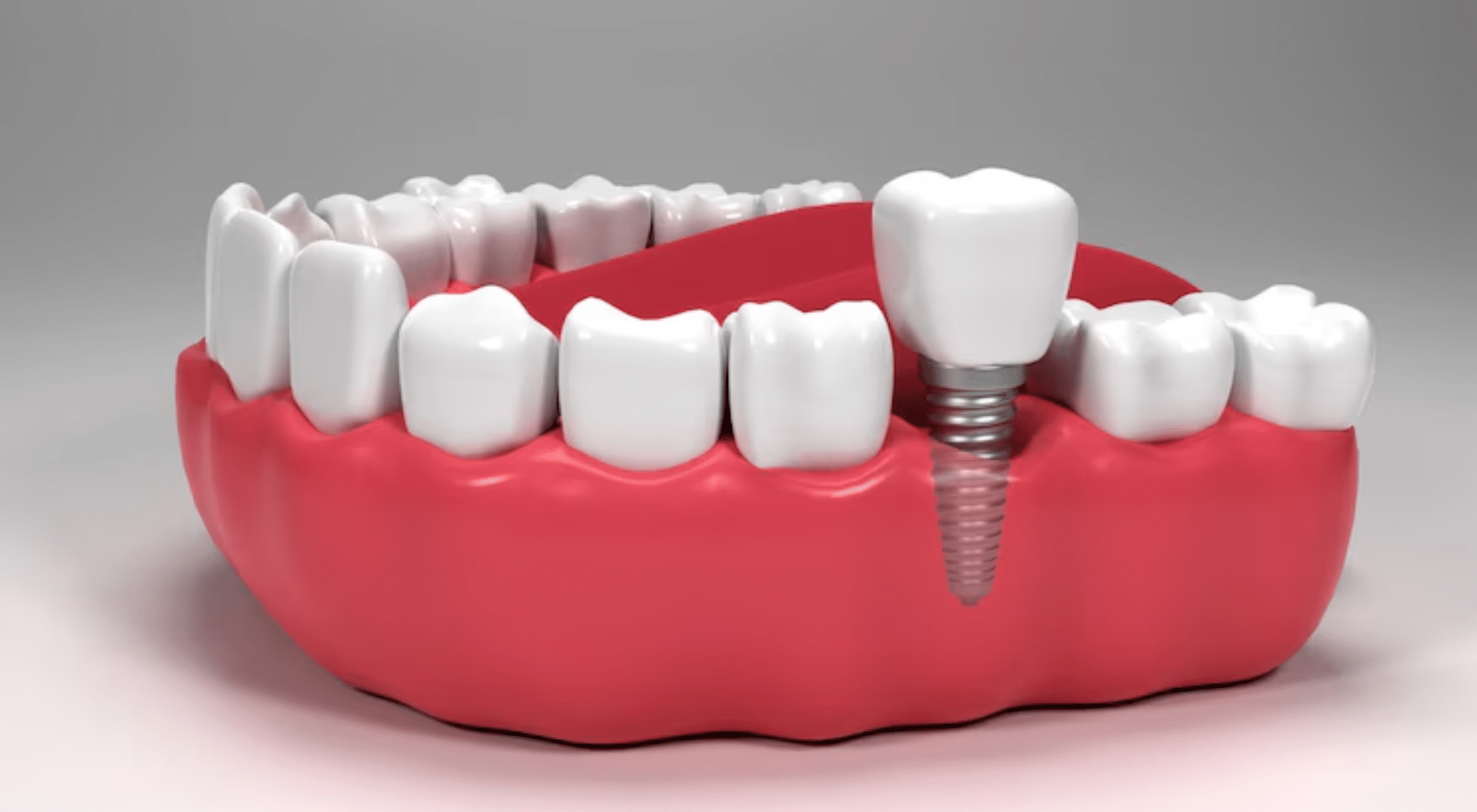
How Dental Implants Can Improve Your Smile And Quality Of Life
Do you have missing teeth or decaying teeth that cause you daily discomfort? If so, consider dental implants as a possible solution. In this blog post, we’ll discuss the benefits of dental implants and how they can improve your smile and overall quality of life.
Dental Implants
Dental implants are a popular and effective way to replace missing teeth. They are also used to support dentures. Dental implants are made of titanium and other materials compatible with the human body. The implant is placed in the jawbone, fusing with the bone over time. This process is called osseointegration. Once the implant has merged with the bone, it can support a dental prosthesis such as a crown, bridge, or denture.
Dental implants have many benefits. They can improve your appearance and give you back your smile. They can also help preserve your facial structure and prevent bone loss in the jaw. Additionally, dental implants can improve your chewing function and make eating easier. They can also increase your comfort level and make speaking easier.
Benefits of Having Dental Implants
Dental implants offer some benefits over other dental prosthetics. They look more natural and feel and can help preserve your jawbone’s health. Implants are also very durable and can last a lifetime with proper care.
If you are considering dental implants, it is essential to consult a qualified implant dentist to ensure you are a good candidate for the procedure. Once you decide to proceed with implants, the placement process is relatively simple. The implant posts will be placed in your jawbone and then allowed to heal for several months before the artificial teeth are attached.
The benefits of dental implants go beyond aesthetics. They can also help to improve your bite by restoring chewing function. This can make eating and speaking easier and help prevent future tooth loss by preserving the health of your jawbone.
Different Types of Dental Implants
When most people think of dental implants, they think of a single tooth replacement. However, dental implants can replace multiple teeth or even all of the teeth in a mouth. They can also be used to support dentures.
The two most common types of dental implants are endosteal and subperiosteal. Endosteal implants are placed in the jawbone and are the most common type. Subperiosteal implants are placed on top of the jawbone and are often used for patients who cannot wear dentures.
Dental implants can be made from various materials, including titanium, zirconia, and ceramic. The type of material used will depend on the location of the implant and the patient’s preference. Titanium is the most common material for dental implants because it is solid and durable.
Endosteal Implants:
Endosteal implants are placed in the jawbone and are the most common type. The advantage of endosteal implants is that they can support any dental prosthetic, including crowns, bridges, and dentures. Endosteal implants are also less likely to be rejected by the body than subperiosteal implants.
Subperiosteal Implants:
Subperiosteal implants are placed on top of the jawbone and are often used for patients who cannot wear dentures.
The Process of Getting Dental Implants
- Your dentist will take an impression of your teeth and jawbone.
- They will place the implant in your jawbone, allowing it to heal for a few months.
- They will attach the artificial tooth to the implant.
Aftercare for Dental Implants
Taking care of your dental implants is critical to maintaining your smile and quality of life. Here are some aftercare tips:
1. Brush and floss your teeth twice a day.
2. Use an antibacterial mouthwash daily.
3. Visit your dentist regularly for checkups and cleanings.
4. Avoid hard or sticky foods that can damage your implants.
5. Quit smoking to reduce the risk of implant failure and other complications.
Alternatives to Dental Implants
When it comes to teeth replacements, dental implants are often considered the best option. However, they are only right for some. If you are considering alternatives to dental implants, here are some things to keep in mind:
Dental bridges are a common alternative to dental implants. A bridge is created by placing crowns on the teeth on either side of the gap and attaching a false tooth. Bridges can be made from various materials, including porcelain, gold, or both.
Another common alternative to dental implants is dentures. Dentures are removable appliances that replace missing teeth. They can be partial or full dentures, depending on the missing teeth. Dentures are typically made from acrylic or metal and can be custom-fit to your mouth.
Conclusion
Dental implants give you a beautiful, natural-looking smile lasting for years. Dental implants provide a permanent solution to missing or damaged teeth, allowing you to regain the confidence and self-esteem of having a perfect smile. With regular care and maintenance, dental implants can vastly improve your quality of life both socially and professionally. If you require cosmetic dentistry, consider speaking to your dentist about the possibility of getting dental implants.
FAQ
1. What is a dental implant?
A dental implant is a small, artificial tooth-like structure surgically placed in the jawbone to replace missing teeth.
2. Why might I choose to have a dental implant?
Dental implants are an excellent choice for people who need a complete teeth replacement because they offer the best chance for success: they are less likely to fail than other types of dental prosthodontics, and they have been shown to last up to 20 years when properly cared for.




